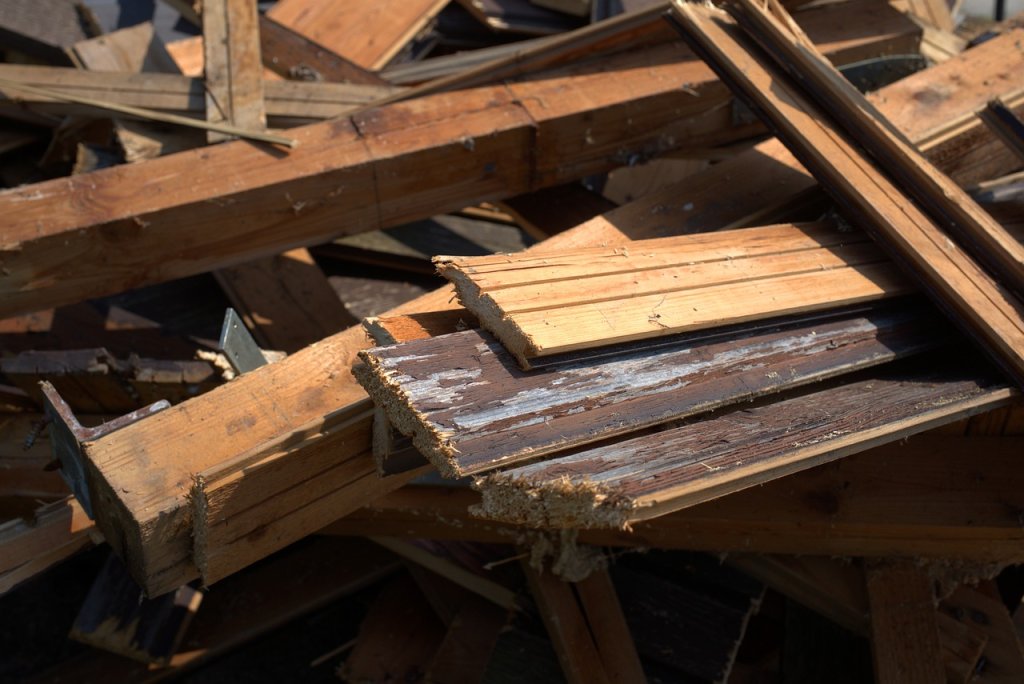
When purchasing a new kitchen, many buyers often wonder what to do with their old one. Most kitchen suppliers offer the service of removing and disposing of cabinets and appliances, although there may be a disposal charge involved. Alternatively, you can consider offering items that still have some life left in them to a housing charity.
Trade Waste
Appliances and units that cannot be reused are typically taken to a trade waste centre for recycling. Metals are melted down, and gases from fridges and freezers, which can be environmentally hazardous, are carefully removed.
Removing unwanted appliances
If you're comfortable with strangers visiting your home, placing a classified advertisement can be an option. List the appliances and units you have available, allowing interested individuals to see the kitchen in its current state. Explain that they can take the kitchen once your new one is installed. This way, you may be able to earn several hundred pounds to put towards your new kitchen. If you prefer a more straightforward approach, consider reaching out to charities such as the Salvation Army. They often appreciate donated household items.
Recycling unwanted materials
You might also consider repurposing components from your old kitchen for other uses. Cabinets can serve as excellent furniture for your garage, attic, or playroom. A single cupboard, drawer unit, and length of worktop can easily be assembled to create a desk for a computer or typewriter. Similarly, a tall cupboard can be kept for storing boots and workwear in the garage. If you're a handyman, you may find value in dismantling the cabinets to obtain useful boards for shelves and other DIY projects around the house. Remember to clean off any grease with hot water and washing up liquid before repurposing. Additionally, saving screws and fittings can be a cost-effective way to acquire spare parts, as small bags of screws can be quite expensive nowadays.
Recycling your kitchen, regardless of the approach you choose, not only helps the environment but can also save money and support a worthy cause.